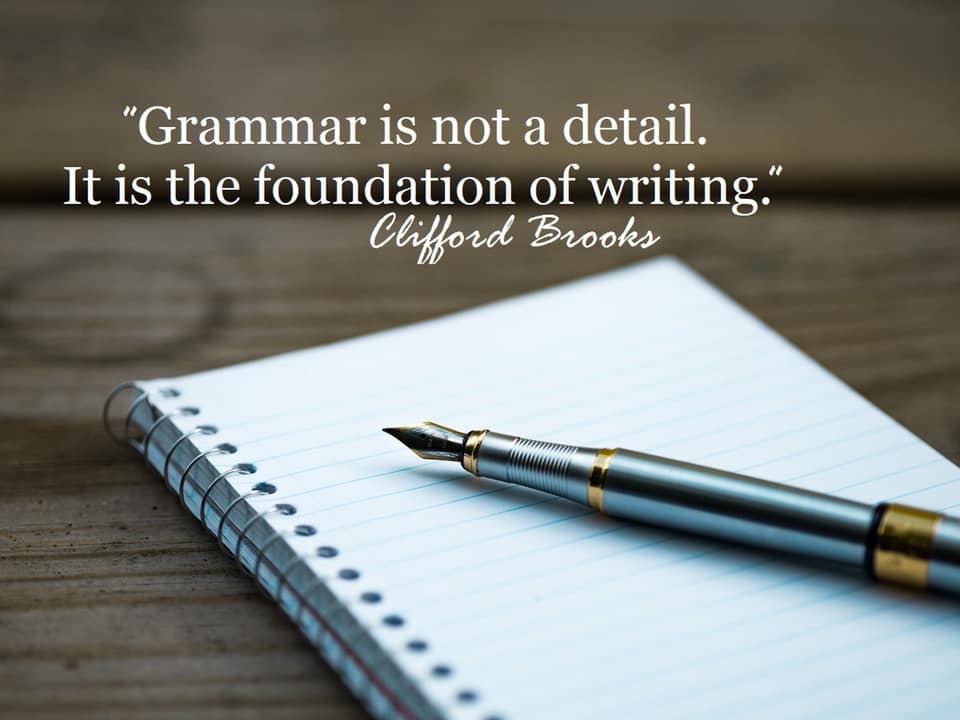
Writing poetry is a soulful craft. If your aim is to write for cathartic or therapeutic ends, and then tuck the pages away for private, personal reflection – more power to you. If your goal is to purge life in ink for the reading public, there are ways to make that noble pursuit more effective. Below are 5 ways to write effective poetry that may guide you to reach a larger audience.
- Study the Art of Poetry: Know your craft before you launch into it. It is wise to do research, remain curious, and practice constantly for anything worth doing well. You do not necessarily need a formal education in poetry to nail down the specifics, but a peer group and/or mentor is a smart move. There is no single right way, but finding your way can be as exciting as the act of creation.
- Tell the Truth: Our society is starved for writing that is genuine, honest, and vulnerable. Take a hard look at yourself before you submit your work and ask yourself, “Am I being honest?” Poetry is the truth. It’s construction and delivery is you (metaphorically) naked in front of the world. Brutal honesty with a musical twist is often assumed to be metaphor. You get the cleansing of telling it like it is, and your readers get to enjoy the thinly-veiled mystery.
- Ask Yourself Why: Why use a sonnet? Why does the haiku fit your purpose? Why will iambic pentameter suit you? Why are you capitalizing every first letter in every first word of each line? If the form in which your write, or words you choose, comes naturally – run with it. It’s not advisable to use a poetic form to simply sport the form. The meaning will get lost in your mechanics.
- Learn Correct Grammar: Many folks who don’t consider themselves “poetry people” often think that because examples they read amount to cryptic imagery and absence of grammar. Grammar gives the reader road signs to follow and a foothold into the familiar found in prose. Capital letters note a change in thought. Commas, periods, semicolons. dashes, and parenthesis denote the poet’s thoughtful ebbs and flows. Grammar is not a detail. It is the foundation of writing.
- Less is More: My first mentor, Larry Fagin, taught me an invaluable lesson. He assigned me the task of writing poems using only monosyllabic words. What this accomplished is a habitual awareness of every-single-syllable I use, assessing their value, and thus understanding word economy. The longer the poem, the tighter the lines must be. Throw out “very” and “really.” Find the perfect word. It is our stock-and-trade.
There are more than these 5 ways to write effective poetry. In the near future I will follow up this list with others to help you grow as I do. These are a few useful guidelines that I have tested and found to be dead-bang gospel truths. I work diligently to pen my best efforts for those who do me the honor of reading them. We show, not tell. However, it is a breach of trust to show the reader nothing, and tell them even less.
